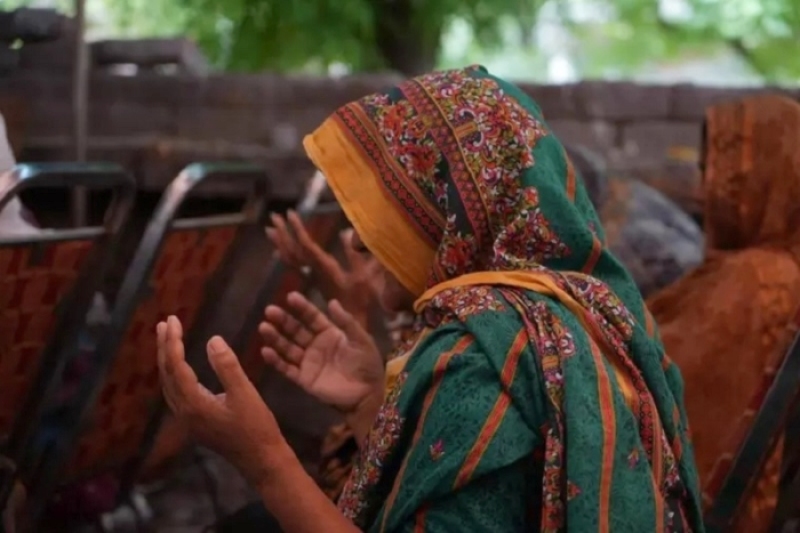
A coalition of 17 international human rights organizations is calling for Pakistan to be suspended from the Commonwealth of Nations due to its blasphemy laws and other violations of human rights. However, local activists warn that such a move could lead to greater hardships for religious minorities within the country.
The coalition sent an open letter to the Commonwealth Secretariat ahead of the Commonwealth Heads of Government Meeting in Samoa, scheduled for October 21-26. This letter was signed by various groups, including Human Rights Without Frontiers, Bitter Winter, the European Association for the Defense of Minorities, the Center for Studies on Freedom of Religion Belief and Conscience, the European Federation for Freedom of Belief, and the Jubilee Campaign.
The letter emphasizes how Pakistan’s controversial blasphemy laws have been utilized to falsely accuse and persecute individuals, resulting in widespread violence, extrajudicial killings, and unlawful detentions. The coalition argues that these actions violate the core values of the Commonwealth Charter, which promotes democracy, human rights, and equality for all citizens.
Furthermore, the letter highlights Pakistan’s failure to reform its blasphemy laws, noting that while no state-sanctioned executions have taken place, incidents of vigilante justice and mob violence have surged. It cites at least 85 cases where individuals accused of blasphemy were murdered before their cases reached court, many involving public lynchings and mob attacks.
The letter stresses that law enforcement officials often ignore these crimes, further emboldening perpetrators of violence. It also recalls Pakistan's previous suspensions from the Commonwealth—first from 1999 to 2004 and again from 2007 to 2008—due to governance issues and human rights abuses.
The signatories assert that the current situation warrants decisive action, urging the Commonwealth to pressure Pakistan to end its institutional persecution of religious minorities and protect citizens from unjust accusations and violence.
Alessandro Amicarelli, chairman of the European Federation for Freedom of Belief, stated, “The Commonwealth cannot stand by as one of its member states systematically violates the rights of its people. Suspending Pakistan is a necessary step to uphold the organization’s commitment to human rights.”
On the other hand, Akmal Bhatti, chairman of Minorities Alliance Pakistan (MAP), told Christian Daily International-Morning Star News, “Pakistan is already facing huge economic challenges, and any international action on behalf of religious minorities that results in economic implications on the country would have a negative impact on the people, especially the poor Christian community.” He added, “Several churches and Christian organizations are already facing problems in receiving foreign funding due to stringent monitoring by the government. Suspension of Pakistan based on its human rights record will cause more harm than good to our people.”
Bhatti further stated, “The government should be pressured to curb false allegations of blasphemy and prosecute perpetrators of mob violence; it should also criminalize forced conversions of minority girls and ensure the protection of its religious minorities.”
Samson Salamat, chairman of the Rwadari Tehreek (Movement for Equality), echoed Bhatti’s concerns regarding the open letter, noting that the pleas of religious minority leaders to the state have often gone unheard. “Our only hope is pressure exerted by the international community, media, and human rights bodies,” he stated. “However, we are also apprehensive that this open letter may result in the targeting of active leadership of the religious minorities by the government and state agencies.”
Pakistan has also been ranked as the 7th most persecuted country for Christians in the 2024 World Watch List (WWL) published by Open Doors, maintaining the same ranking as the previous year.



















